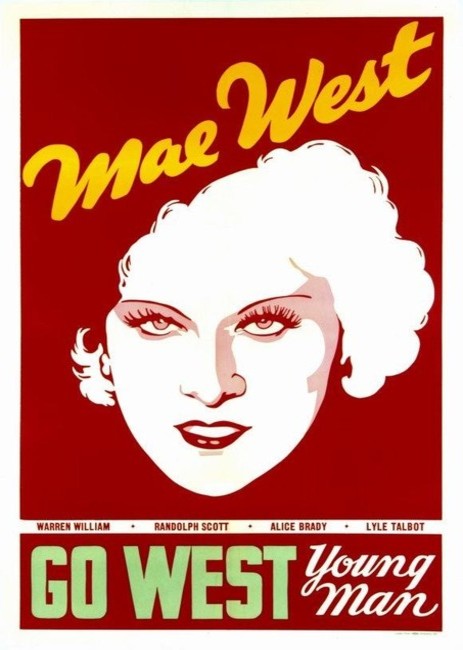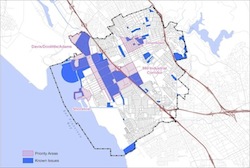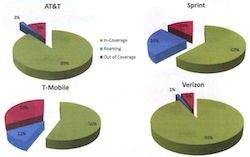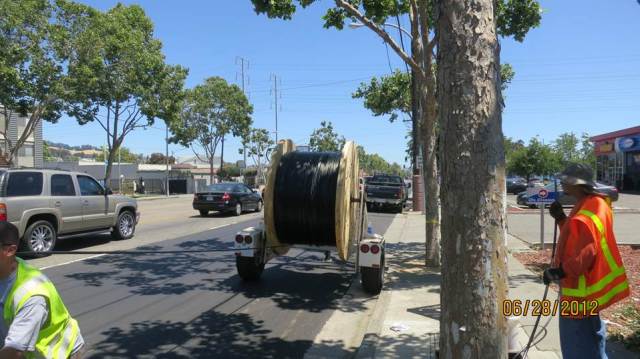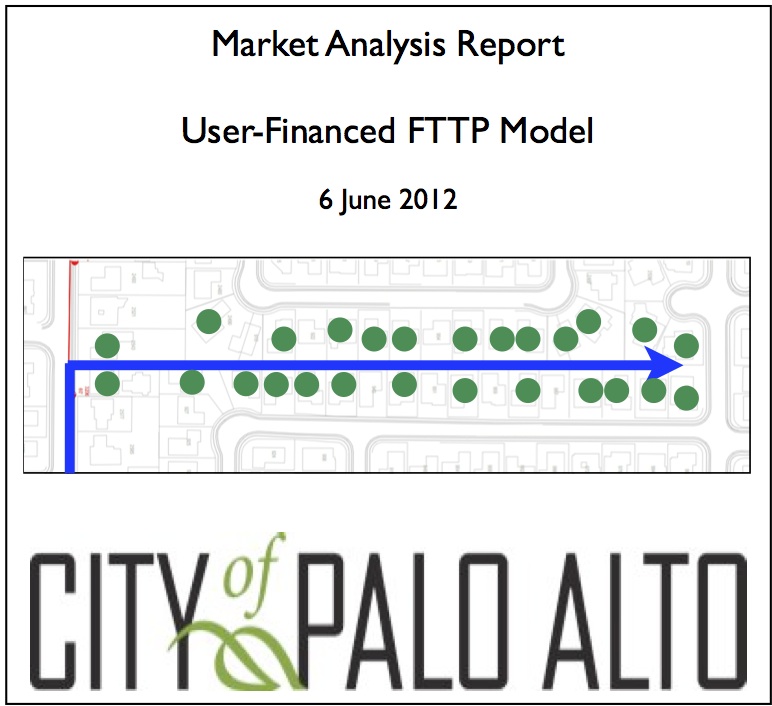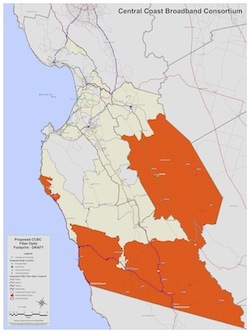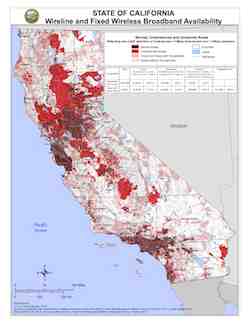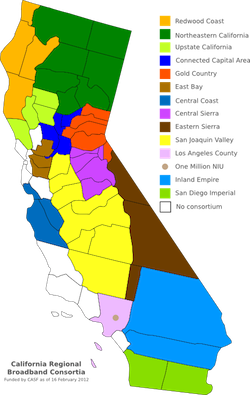When she's good, she's very good; when she's bad, she's better
att, broadband, community networks, cpuc, PGE, SB1161, wireless Internet, WISP
Governor Jerry Brown has until this Sunday, 30 September 2012, to approve or veto Senate Bill 1161, which would prohibit the California Public Utilities Commission or any other California state agency from regulating “Voice over Internet Protocol and Internet Protocol enabled services” until at least 2020.
The bill is controversial and the debate has been emotional. Advocates say it would clear the decks for continued high tech innovation in California, opponents say it would deregulate big cable and telephone companies and allow them to bully consumers and bury smaller competitors.

